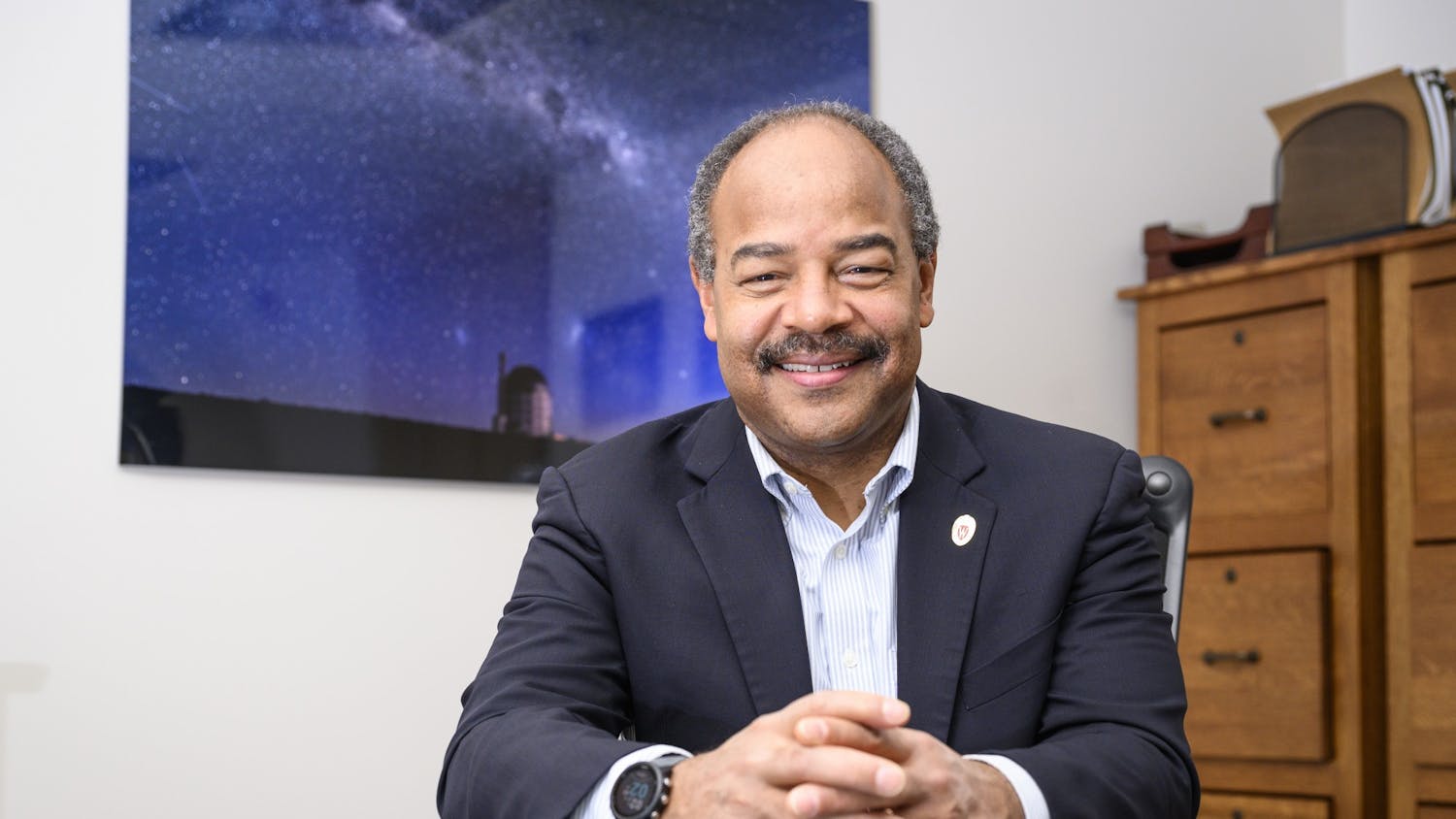Megan Phelps-Roper grew up with 10 siblings, was an avid reader and loved school. To her, it was in many ways a happy, ideal childhood.
But at the same time, Phelps-Roper grew up in the infamous Westboro Baptist Church — an institution known for homophobic and racist rhetoric and labeled a hate group by the Southern Poverty Law Center.
Phelps-Roper was a part of the protests before she started kindergarten.
“Before I could read, I was learning why God despised gays, Jews and everyone who wasn’t part of our church,” Phelps-Roper said during a lecture Tuesday as part of the Wisconsin Union Directorate’s Distinguished Lecture Series.
That was life as Phelps-Roper knew it before she left the church — and her family — in 2012.
She was the granddaughter of the church’s founder, Fred Phelps. During her childhood, she was convinced that everything the church was doing was “the epitome of goodness and righteousness” based on what her family taught her.
Her belief in the church started to waver in 2009 when she joined Twitter. Phelps-Roper said she read an article about the social media platform and felt it could be a new way to preach the Church’s message.
Phelps-Roper first targeted David Abitbol, the founder of a Jewish blog. At first, they sent angry responses back and forth, but suddenly there was a shift — responses turned to friendly exchanges and questions about their differing ideologies, something Phelps-Roper was never expecting.
Westboro Baptist Church ended up picketing two events that Abitol attended, and the unlikely pair struck up a conversation. He brought her halva, a traditional Jewish candy.
“He flipped the bar over and started teaching me about the kosher symbols on the packaging while I listened earnestly and held my ‘God Hates Jews’ sign,” Phelps-Roper said.
Twitter helped Phelps-Roper develop a new rapport with those she fought online; she said the exposure to different ideas and people helped her see outside the ideologically isolated views of her upbringing.
“As I got to know them and to like them and ultimately to respect them, I started to care how what we were doing at Westboro was affecting and hurting them,” Phelps-Roper said. “For the first time in my life, I started to feel ashamed of what we were doing.”
When Phelps-Roper walked away from the Church in 2012, all her ties to the community — and therefore most of her family — were severed to the point where she was seen as an enemy. Once she left, she visited many different types of congregations and was impressed by the kindness and willingness of others to listen to her despite the fact she came from the Westboro Baptist Church — and when she felt she deserved it the least.
“That kind of response is so much more effective than the shame and hatred and anger that people hurled at me all my life before then,” Phelps-Roper said.
Phelps-Roper said she understands the reasons for angry responses to the Church, but that it can cause people to double down on their harmful beliefs. Since she left seven years ago, she has worked to try and repair some of the damage she caused as a member.
Looking back on the path to hatred and dismissal of other viewpoints, Phelps-Roper said it was illuminating to realize the consequences of blind belief.
Still, she expressed concern about the recent shift in public discourse to make nuanced topics very black and white.
Phelps-Roper hopes that people can learn from the lessons of discussion, kindness and empathy that helped bring her out from the Westboro Baptist Church. While she said not everyone can be brought away from bigotry, she believes at times it’s more about the staying power of the bad ideas as opposed to deliberate ill-will. And she hopes more people can learn to fight those ideas with understanding.
“The more of us willing and able to reach out and disagree without demonizing, the more likely we are to change hearts and minds, to heal divisions and to create a better society for all of us in the process,” Phelps-Roper said.






